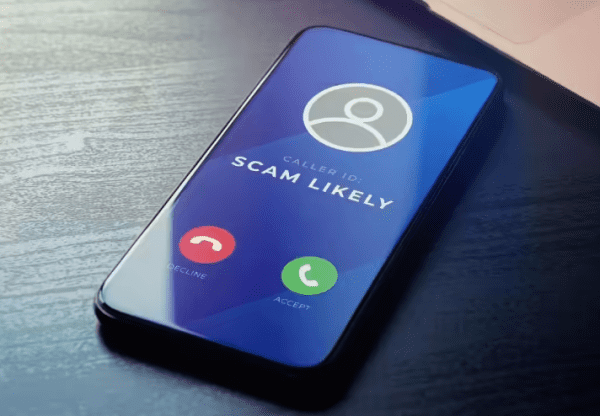 here’s no shortage of scammers and fraudsters trying to take advantage of you and your clients. Here’s what to watch out for and some ways for everyone in the real estate community to stay safe.
here’s no shortage of scammers and fraudsters trying to take advantage of you and your clients. Here’s what to watch out for and some ways for everyone in the real estate community to stay safe.Nothing’s impossible, but it can be extremely difficult. It also depends on the method in which you sent the funds. Wired funds, for instance, can be incredibly difficult to reverse, especially if the scammers have already moved the money. Funds sent via credit card, on the other hand, could allow you to take advantage of your credit card company’s consumer protections to recover the lost funds.
Yes. In fact, it can be incredibly easy to do so. Scammers can simply steal photos of your property and list it on another website with their contact information. Should this happen, you may get unexpected visitors expecting to be able to move into the property.
Yes. Public records contain a lot of personally identifiable information, such as names, signatures, copies of signed documents, mailing addresses, and more. This information can be used as part of identity theft and social engineering schemes. It can also be used to impersonate you, forge documents, and commit deed fraud. To minimize your risk, you can sign up for credit monitoring services and limit the amount of other personal information you share online.
Real estate scams aren’t going anywhere. In fact, they’ve become much more commonplace over the years. But by staying informed yourself and educating your clients, you’ll be able to provide much more value than just helping them buy or sell a home. You’ll be able to help them better protect their finances, possessions, and overall peace of mind. And in an industry built on relationships and trust, that’s a great way to stand apart from others.
